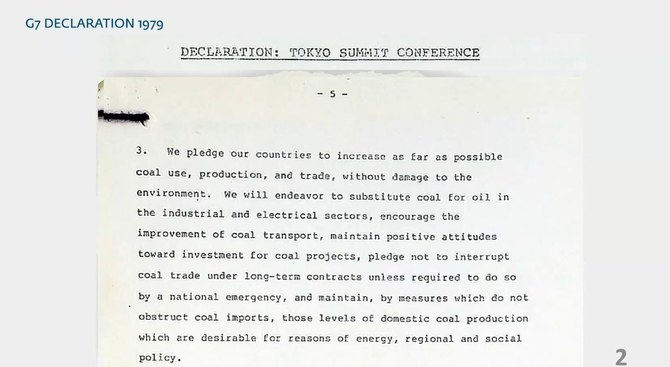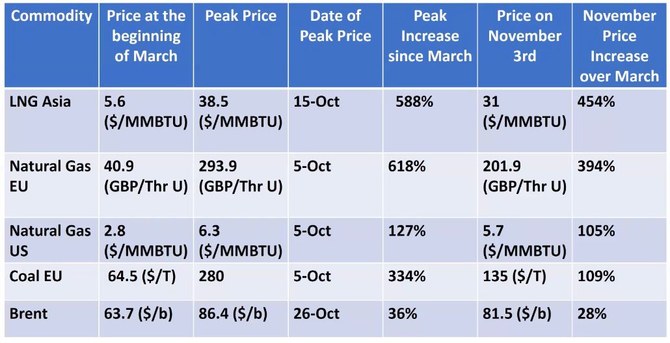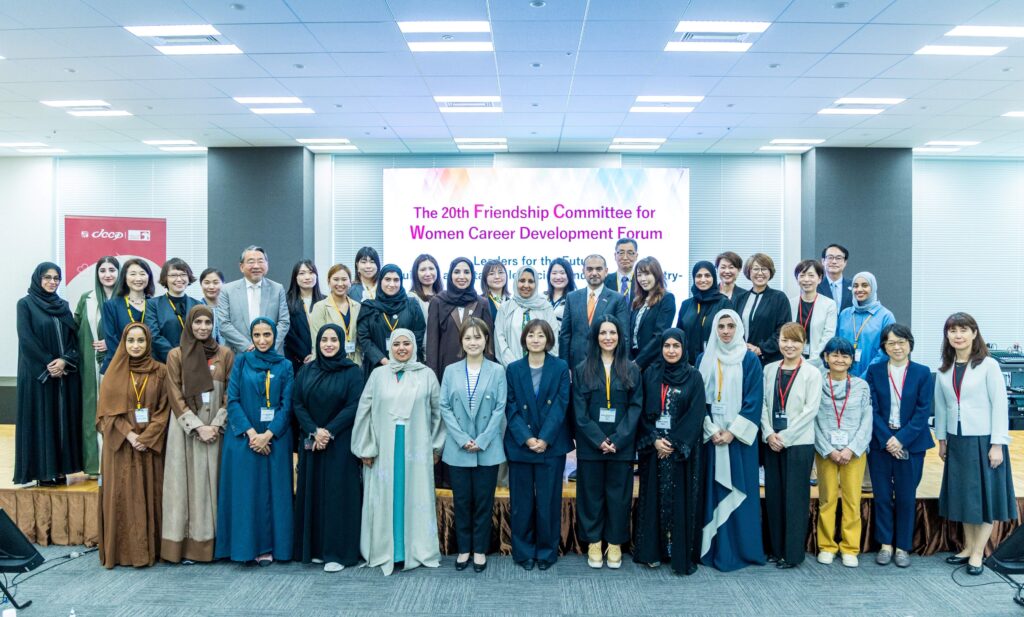Ziad Sabbah, Fahad Abou Aljadayel and Shatha Almasoudi
RIYADH/CAIRO: In an unusual way to address the press in an OPEC+ conference, the Saudi energy minister Prince Abdulaziz bin Salman shared a document that goes back to 1979 to show that the energy crisis of today is rooted back in the decision of the most developed nations then under the G-7 group.
The prince said the G-7 nations took a decision to limit the use of oil in power generation, yet they allowed the use of coal, thereby favoring security over environmental concerns.
His comments were direct response to media questions who said that energy prices are high today and consumers are complaining of the situation.
In another document, he showed that oil prices saw the least increase compared to natural gas and coal.
#Saudi energy minister: #OPEC+ gives more clarity to the market and right signals more than central banks #OOTT pic.twitter.com/d2tWRUeTDS
— Arab News Business (@ArabNewsBiz) November 4, 2021
OPEC+ will continue to manage oil production in a responsible manner to ensure that markets are responsive, the minister indicated.
The Prince said that having a regulator in the market, in this case OPEC+, makes a world of difference in the stability of markets.
He criticized the description of the alliance as a cartel, preferring the group to be rendered as “a responsive regulator to a market that needs regulating.” “OPEC+ isn’t a cartel but a group of responsible producers”, the minister added.
He noted that the current hike in oil prices is far less volatile than in other energy markets. Brent oil prices rose by 28 percent in November compared to March’s levels, a table shared by the minister during the press conference showed. This was in contrast to the skyrocketing prices experienced in liquefied natural gas (LNG) and coal in the European Union, which went up by 454 percent and 109 percent respectively.
Natural gas prices also increased by 394 percent in the EU while in the US the jump was by 105 percent. He said that oil prices are rising because of the wider volatility in the energy markets.
The minister also added that the group remains “attentive” to climate change.
Responding to questions concerning some member states not filling their quotas, Prince Abdulaziz answered that different countries have the right to decide their own quotas as it’s a sovereign issue.
He finalized by saying that a severe winter could largely determine what happens to energy prices.























